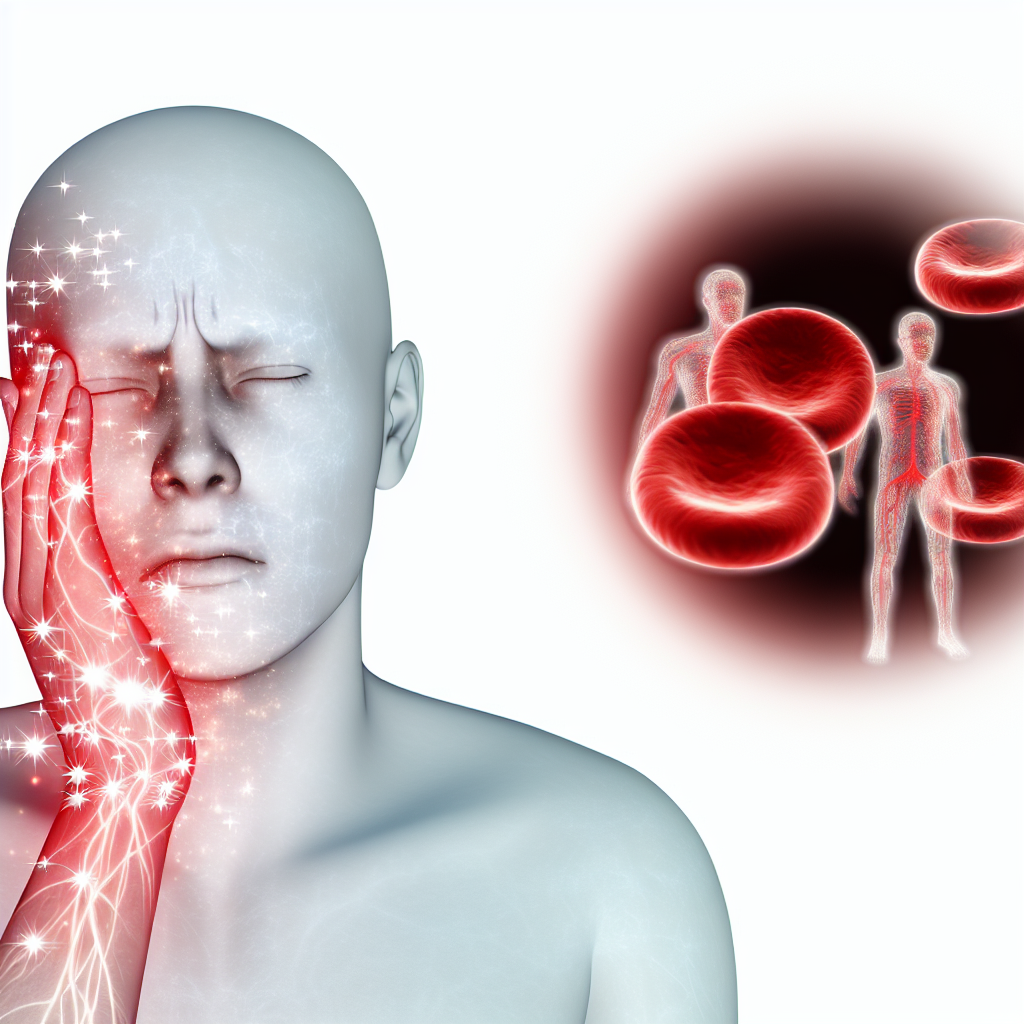Vitamin B12 plays a crucial role in keeping your body and mind functioning optimally. From supporting red blood cell production to ensuring the health of your nervous system, B12 is a powerhouse nutrient that keeps fatigue, cognitive decline, and nerve damage at bay. Despite its importance, vitamin B12 deficiency is surprisingly common, often creeping up with subtle symptoms that are easy to overlook.
When left untreated, vitamin B12 deficiency can develop into serious health complications like irreversible nerve damage and chronic illnesses. The good news? This issue is entirely preventable and treatable. In this guide, we’ll explore vitamin B12 deficiency symptoms, causes, long-term risks, and solutions, empowering you to take proactive steps toward better health.
What Causes Vitamin B12 Deficiency?
A Nutrient with Specific Dietary Needs
Vitamin B12 is primarily found in animal-based foods such as meat, eggs, fish, and dairy. For many people, a balanced diet provides sufficient B12. However, individuals following vegetarian, vegan, or low-animal-product diets may struggle to consume enough, putting them at risk for deficiency. While fortified foods like nutritional yeast or plant-based milks can help, supplementation is often necessary.
Let me share an example: A friend of mine switched to a vegan diet and felt amazing initially. But after a few months, she noticed she was exhausted even after a good night’s sleep, experienced frequent tingling in her legs, and found her mood swings hard to manage. It turned out she was B12 deficient. A simple supplement was all it took to get her back on track.
Health Conditions That Limit Absorption
Even if your diet includes plenty of B12, your body needs to be able to absorb it properly. Certain health conditions, such as pernicious anemia, Crohn’s disease, and celiac disease, can interfere with your digestive system’s ability to process the nutrient. Additionally, as we age, stomach acid levels naturally decline, making it harder for the body to absorb B12. This is why older adults are particularly vulnerable.
Who’s Most at Risk?
Some individuals are more likely to experience vitamin B12 deficiency, including:
- Older adults: Reduced stomach acid levels limit B12 absorption.
- Vegans and vegetarians: Limited access to B12 from plant-based foods increases risk.
- Pregnant women: Increased nutritional demands during pregnancy can lead to B12 depletion.
- People with GI disorders: Conditions like Crohn’s disease or IBS may interfere with absorption.
How to Spot the Symptoms of Vitamin B12 Deficiency
The symptoms of vitamin B12 deficiency often develop so gradually that you might mistake them for normal aging or everyday stress. However, catching these warning signs early can prevent long-term complications.
Physical Symptoms to Watch For
Fatigue is the most common symptom, but this isn’t the kind of tiredness you can fix with a coffee or nap. It’s deep exhaustion that lingers. Other physical symptoms include:
- Muscle weakness, making routine tasks feel harder.
- Pale or yellowing skin caused by anemia.
- Frequent mouth ulcers or soreness on the tongue.
- Shortness of breath after mild activity, like climbing stairs.
Neurological and Cognitive Changes
Vitamin B12 is vital for nerve function and brain health, so deficiencies can cause neurological and cognitive issues like:
- Tingling or numbness in hands and feet, often described as "pins and needles."
- Memory problems, like forgetting common names or losing track of items.
- Difficulty concentrating or feeling mentally foggy.
- Depression or irritability due to neurotransmitter imbalances.
The Long-Term Risks of Untreated Vitamin B12 Deficiency
When vitamin B12 deficiency isn’t addressed, it can lead to irreversible health problems. Here are some of the most serious complications:
Permanent Neurological Damage
Chronic low B12 levels can damage your nerves permanently, affecting balance, coordination, and sensation. In severe cases, deficiency may even lead to paralysis or debilitating sensory issues.
Elevated Cardiovascular Risk
Low vitamin B12 levels increase homocysteine, an amino acid linked to heart disease and stroke. If you’re already at risk for cardiovascular problems, addressing B12 deficiency is essential to minimize your chances of developing further complications.
Cognitive Decline and Dementia
Vitamin B12 plays a key role in brain function, and prolonged deficiency can lead to cognitive decline, including forgetfulness, confusion, and even dementia. Early treatment is effective, but delaying can make these changes permanent.
Diagnosing and Treating Vitamin B12 Deficiency
How Is B12 Deficiency Diagnosed?
Doctors diagnose B12 deficiency using simple blood tests that measure levels of the vitamin. They may also test for related markers, such as elevated homocysteine or methylmalonic acid, which can confirm a deficiency even before major symptoms appear.
Effective Treatment Options
Fortunately, vitamin B12 deficiency is highly treatable. Here’s how:
- Dietary Changes: Include more B12-rich foods, such as lean meats, fish, eggs, and fortified cereals or plant milks.
- Oral Supplements: Over-the-counter B12 tablets work well for mild deficiencies.
- Injections: In severe cases or when absorption issues arise, B12 shots deliver the vitamin directly into the bloodstream.
Prevention Is Key
Preventing vitamin B12 deficiency is simple with a few proactive steps:
- Monitor your levels regularly, especially if you belong to a high-risk group.
- Take supplements if you follow a vegan or vegetarian lifestyle.
- Maintain a balanced, nutrient-rich diet.
When Should You Seek Medical Help?
If symptoms like persistent fatigue, tingling sensations, or cognitive changes are affecting your daily life, don’t wait to consult a doctor. Early intervention can reverse symptoms and prevent serious, long-term damage.
Conclusion: Take Charge of Your Health
Vitamin B12 deficiency may start with subtle fatigue or forgetfulness, but it doesn’t have to escalate into something more serious. By recognizing early symptoms, addressing risks, and implementing changes to your diet or supplement routine, you can maintain optimal levels of this vital nutrient.
Don’t ignore warning signs—your energy and vitality are worth protecting. With proper care, you can reclaim your health and feel your best every day.
